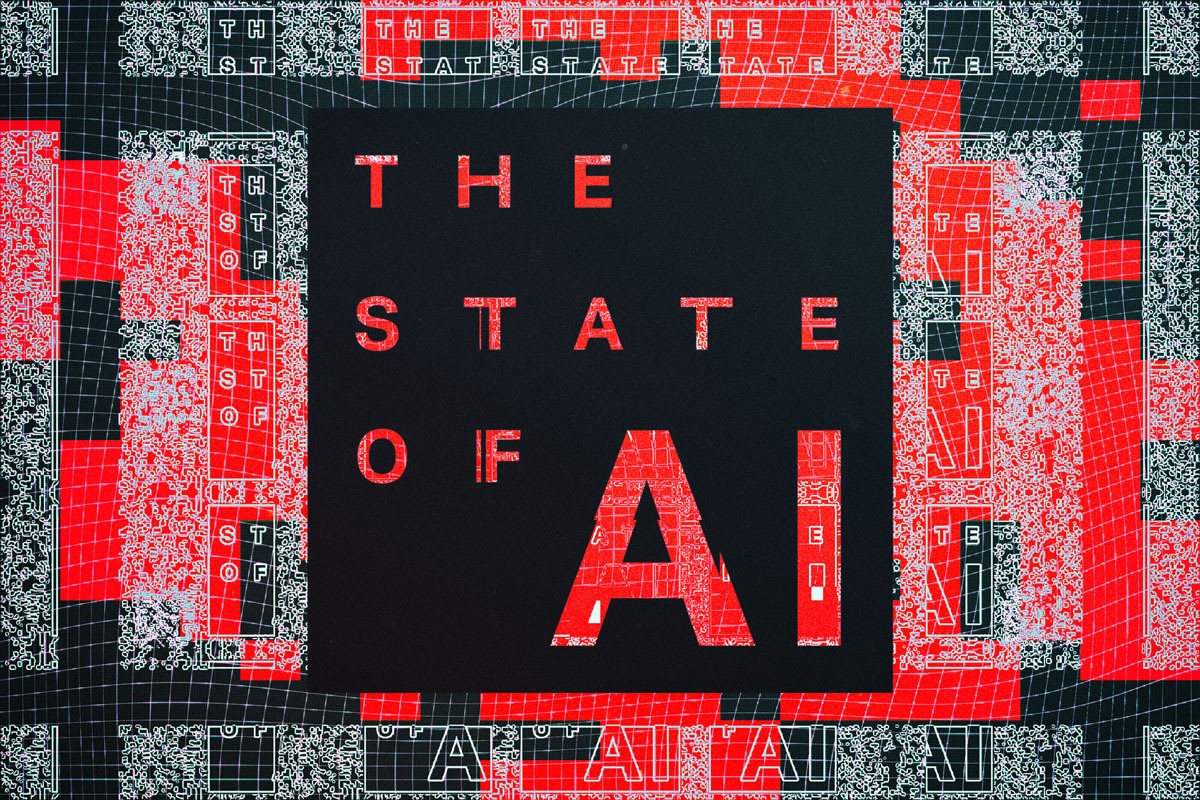It’s a common psychological phenomenon: repeat any word enough times, and it eventually loses all meaning, disintegrating like soggy tissue into phonetic nothingness. For many of us, the phrase “artificial intelligence” fell apart in this way a long time ago. AI is everywhere in tech right now, said to be powering everything from your TV to your toothbrush, but never have the words themselves meant less.
It shouldn’t be this way.
While the phrase “artificial intelligence” is unquestionably, undoubtedly misused, the technology is doing more than ever — for both good and bad. It’s being deployed in health care and warfare; it’s helping people make music and books; it’s scrutinizing your resume, judging your creditworthiness, and tweaking the photos you take on your phone. In short, it’s making decisions that affect your life whether you like it or not.
“ARTIFICIAL INTELLIGENCE IS BEING USED TO MAKE DECISIONS ABOUT YOUR LIFE WHETHER YOU LIKE IT OR NOT”
It can be difficult to square with the hype and bluster with which AI is discussed by tech companies and advertisers. Take, for example, Oral-B’s Genius X toothbrush, one of the many devices unveiled at CES this year that touted supposed “AI” abilities. But dig past the top line of the press release, and all this means is that it gives pretty simple feedback about whether you’re brushing your teeth for the right amount of time and in the right places. There are some clever sensors involved to work out where in your mouth the brush is, but calling it artificial intelligence is gibberish, nothing more.
When there’s not hype involved, there’s misunderstanding. Press coverage can exaggerate research, sticking a picture of a Terminator on any vaguely AI story. Often this comes down to confusion about what artificial intelligence even is. It can be a tricky subject for non-experts, and people often mistakenly conflate contemporary AI with the version they’re most familiar with: a sci-vision of a conscious computer many times smarter than a human. Experts refer to this specific instance of AI as artificial general intelligence, and if we do ever create something like this, it’ll likely to be a long way in the future. Until then, no one is helped by exaggerating the intelligence or capabilities of AI systems.


